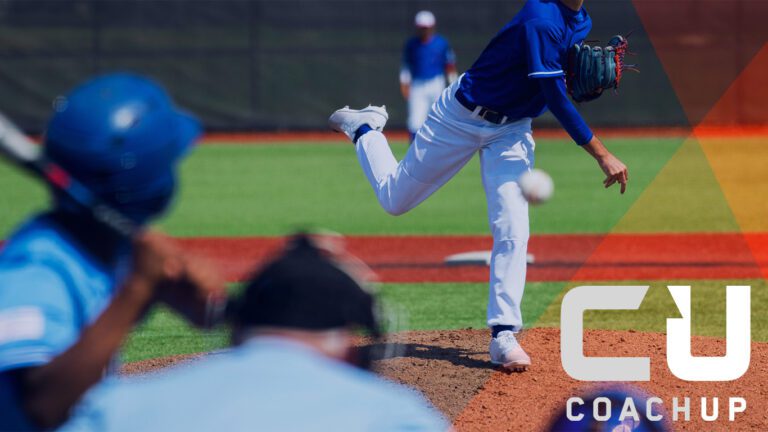Growing up in southern California meant that I was raised around insanely talented athletes. Some are In professional sports now, many should’ve made it, and far too many quit before their potential was met. It’s hard to understand talent being wasted like that, but the stress young athletes face is often overwhelming. Whether it comes from parents, teachers, coaches, or peers, the pressure to meet expectations is the most common theme in young athletes getting burnt out.
In my experience, it often appeared that the better an athlete was, the more they felt the need to train nonstop. It seemed as if their choice was to exhaust themselves or be deemed a failure. They would be pushed into the spotlight during crucial moments of a game, and if they didn’t succeed they would hear about it from everyone. I realized a lot of these kids were pushed so hard every single day through their youth that they never got to experience being a kid. Athletes in that situation are far more susceptible to burnout early on in their athletic journey.
Athletes are under enough pressure in games—stay supportive of them outside of the lines
That exact reality taught me to approach coaching in a different way than so many of those who I encountered growing up. I want my players to have fun, build confidence in themselves, and play the game without the pressure of doubt or expectation. Some kids can handle intense training, and others need to sharpen their mental sword first. Understanding each of my players’ mental status is key, because I don’t want any of them to dread training. Rather, I want them to view training as an opportunity to grow and overcome their insecurities. Every athlete has different training needs and motivations—discovering those and formulating the best plan to cater to the athlete is challenging, but rewarding.
I was so hard on myself as a kid even though I always had supportive parents in my corner. They taught me that even when my team lost I needed to be grateful for the opportunity to play. I still carry that lesson with me today. Athletes learn more about themselves through losses than victories, and their ability to bounce back from those losses is what defines them. I’ve blown games for my team, and still found myself grateful for the opportunity to compete. Experiencing lows on the field should motivate athletes to improve rather than drive them to quit. It is up to coaches and parents to instill that mentality at an early age.
Teaching the mental side of the game
It’s important to show youth athletes how to overcome the mental side of the game. Achieving that, and establishing a repeatable routine that they find joy in will not just help them get to the next level, but allow them to thrive there. One of the biggest differences from youth sports to the collegiate and professional ranks is the fans. I’ve been booed at home games and cheered for at away games when they pulled me. Thanks to the support I have around me, and the lack of parental pressure I was exposed to early on, I am always able to effectively navigate those moments and grow from them.

Dillon Mulholland is a top-level CoachUp baseball coach and has years of high-level experience as both a player and a teacher of the game. You can find his profile here and start booking sessions with him tomorrow!
How useful was this post?
Click on a star to rate it!
Average rating 3.7 / 5. Vote count: 3
No votes so far! Be the first to rate this post.



